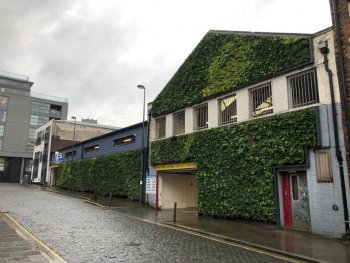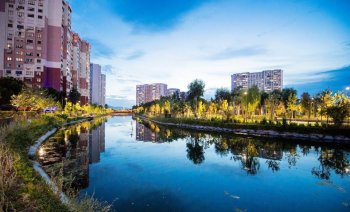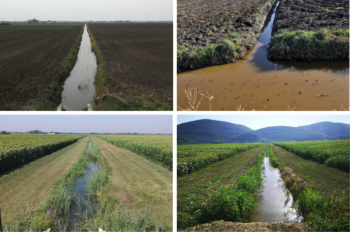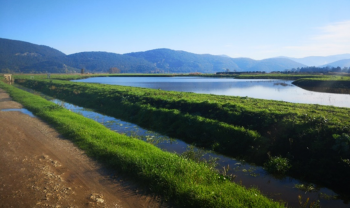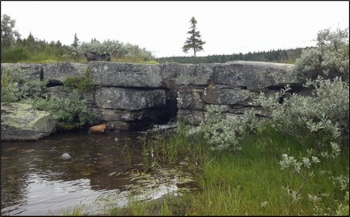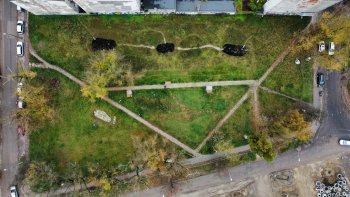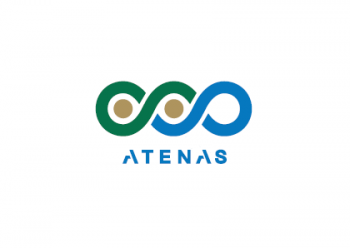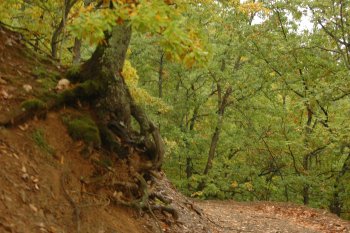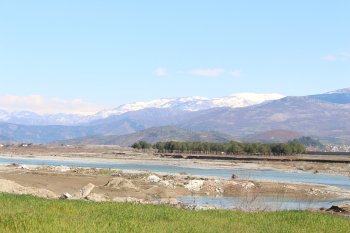LIVERPOOL (UK) – RE-NATURING URBAN PLAN WITH NbS
Liverpool, as with many major urban areas in the UK and globally, is facing significant challenges in managing its urban form to pursue economic growth agendas, whilst also providing an attractive city for its residents and visitors. Unfortunately, the social, ecological, and economic dimensions of these political mandates are frequently at odds, creating conflicting visions for how urban areas should be being developed and managed. With further densification of urban form, the re-development or conversion of green space into urban land, and a continuing growth spatially of urban...

